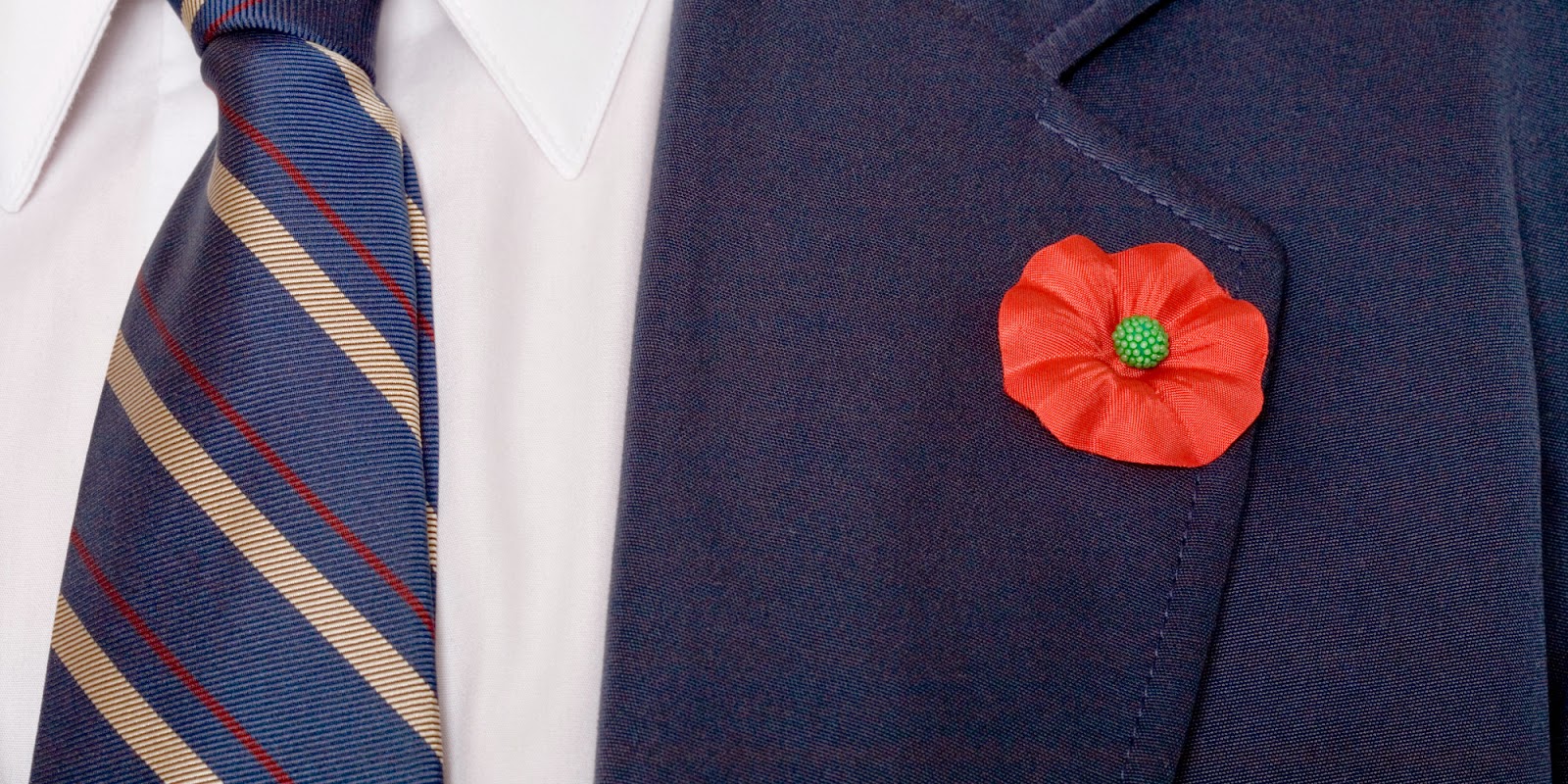Another August
I’m just a plainspoken Colorado criminal defense lawyer, but the way I see it…
The other day a colleague asked me why I didn’t applaud the brilliant legal work that persuaded a jury to acquit a man who almost certainly sexually abused his daughter. I said, because of the child.
The victories we achieve in criminal defense often are triumphs not of, but over, what most people would regard as justice. Sometimes, when our clients walk free, their victims walk lost and abandoned.
In another hearing, in another August, I watched William Calley walk free. Four years before, the then-Army lieutenant had gone to trial for the alleged premeditated murder of one hundred two unarmed South Vietnamese civilians, killed in the My Lai massacre. His conviction was for murdering only “at least twenty-two” of them.
And then, after the brilliant legal work that persuaded a judge to end three and a half years of house arrest (Calley served only a day of his sentence in actual prison), the murderer of at least twenty-two human beings walked free. And he was cheered and applauded by the small crowd of veterans, red poppies in their lapels, who attended the hearing.
William Calley was not the only man responsible for what happened at My Lai. He was responsible for what he did and what he ordered done.
To argue that his guilt should have been overlooked because others were overlooked, was to overlook the hundreds of unarmed civilians — as many as five hundred four, most of them women and children and old men — who were slaughtered.
Much was made in his case that Calley’s crime was not his own. It was America’s crime, they said, and he was made an example.
But My Lai was not America’s crime. A whole nation cannot be held to account for the actions of one man, or a few men.
America’s crime was that she did not act against all the criminals and indeed did choose only Calley to expiate her sins. To set free the one man who was proved guilty beyond all reasonable doubt was to complicate the American crime.
We perhaps did not feel at the time the outrage of My Lai because, in the modern parlance of the current American president, My Lai was in one of those shithole countries. We did not know the slaughtered hundreds, they did not look, act, or feel as we do, they were not Americans. Perhaps three years taken from William Calley’s life easily equaled all the years he took from the “at least twenty-two” lives.
American justice did not suffer for his release that other August. Vietnam did not suffer for it.
And the American conscience?
We had probably already forgotten, or surely have by now, that William Laws Calley shot a priest in the face and slung a nursing baby into a ditch before he stitched a pattern in bullets across its enemy body.
I will never forget the small crowd of veterans, red poppies in their lapels, who cheered and applauded their murderer.
